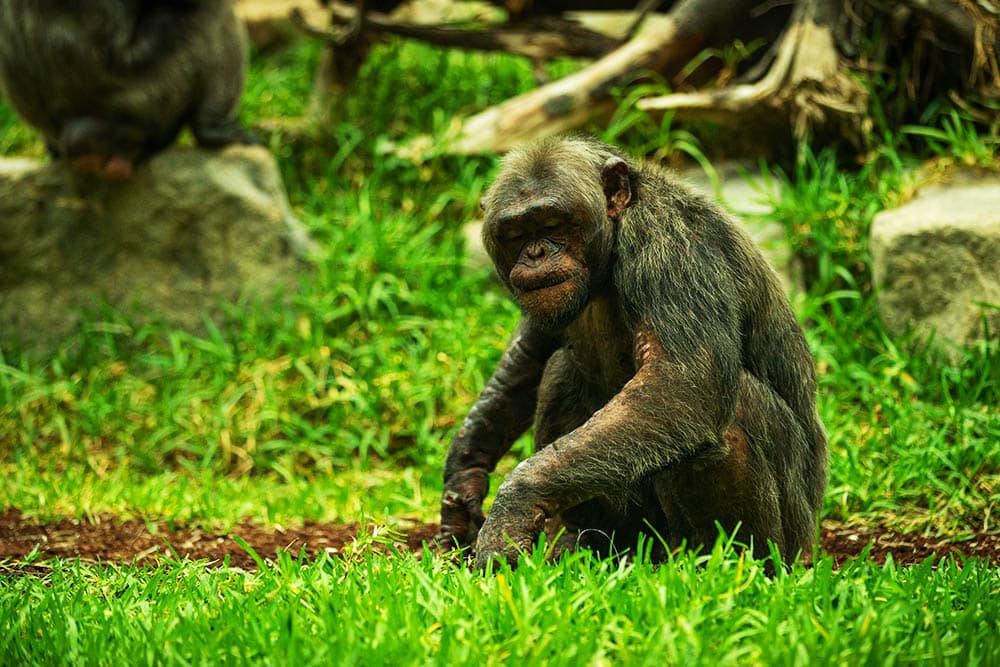The Importance of Zoos for Education and Conservation
Zoos have been popular places for children and families for centuries, but are they still relevant today in our digital world? Are they really necessary, or could their closure help serve endangered species more effectively? With the increasing popularity of social media, people can now see exotic animals from around the world on their phones, from monkeys in India to elephants in Africa. So, why should we continue to spend time and money visiting zoos?
Zoos Teach Children About Conservation
One of the main reasons zoos still exist today is because they play an important role in educating people about conservation. Zoos offer a unique opportunity for children and adults to experience animals that they would not normally see in their natural habitat. This can help children see the beauty and importance of wildlife, which can inspire them to become wildlife advocates in the future. The truth is that the majority of children and adults do not have the chance to witness animals in the wild, and zoos offer a responsible way for them to learn about the natural world.
Zoos Help Preserve Endangered Species
Another important role of zoos is to protect and preserve endangered species. Many animals in the wild are threatened by habitat loss and fragmentation, hunting, and climate change. In zoos, scientists and animal experts work together to monitor and manage animal breeding programs to ensure that vulnerable species are not lost to extinction. Through these programs, zoos help preserve gene diversity and learn about the biology and captivity requirements of endangered species. Without zoos, many of these animals would be at risk of being lost forever.
Zoos Help Fund Conservation Efforts
Zoos can also play an important role in funding conservation programs around the world. Many zoos have their own in-house conservation programs and make monetary donations to support other conservation organizations. As well, when visitors pay to enter a zoo, a portion of the fee goes towards the zoo’s expenses, including the care of the animals, the maintenance of their habitats, and the funding of research and conservation projects.
Zoos Promote Animal Welfare
Not only do zoos play a critical role in promoting education and conservation, but they also work to protect and promote animal welfare. This includes providing animals with a safe and secure environment, medical care, food, and water. In many cases, zoos go above and beyond to create habitats that mimic animals’ natural environments to give them a sense of normalcy, enrichment, and stimulation. Additionally, while some people may argue that animals in zoos are being exploited for entertainment purposes, it is the responsibility of zoos to create an experience that is both educational and enjoyable for visitors while also ensuring the safety and well-being of the animals.
Zoos Have Restrictions and Regulations
It’s also important to note that zoos are subject to strict regulations and guidelines. In countries like the United States, the Association of Zoos and Aquariums (AZA) accredits and regulates zoos to ensure that they are held to the highest standards of animal care, veterinary care, safety, and education. Auditors from the AZA visit each accredited zoo every five years to ensure that they are upholding the standards. Additionally, zoos are required to follow local and national laws, and are subject to frequent inspections to ensure that they are in compliance with animal welfare regulations.
Conclusion
Zoos are essential for education, conservation, and the protection of endangered species. Through their breeding programs, conservation efforts, donations, and educational programs, zoos help raise awareness and promote the importance of preserving wildlife. They offer a unique opportunity for people to experience animals that they wouldn’t otherwise see, and to learn about their biology, behavior, and natural habitats. Furthermore, zoos help ensure the survival of many endangered species that may not have a chance at survival without their intervention. While some may argue that zoos should be closed, it is important to consider the valuable role they play in preserving wildlife and educating future generations about the importance of conservation.
